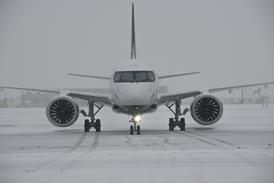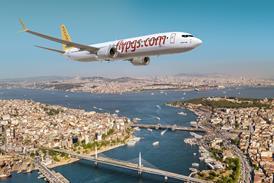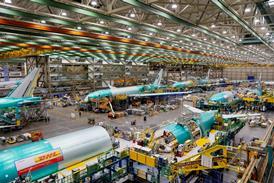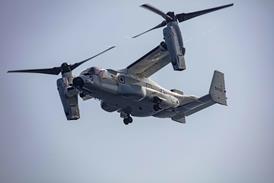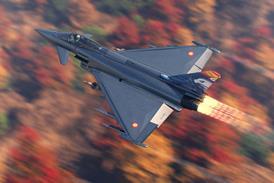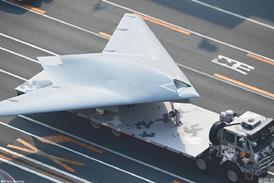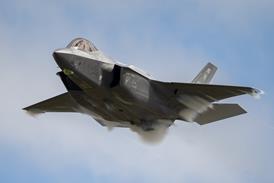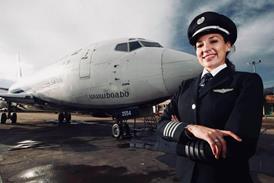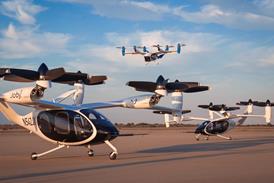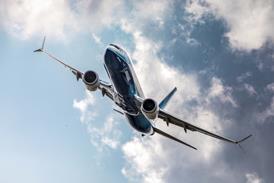Air Lease is looking to accelerate some of its Boeing deliveries to offset delays to certain Airbus aircraft in 2018, as it questions the stability of both airframers' supply chains.
Delivery delays of Pratt & Whitney-powered A320neo family aircraft and Rolls Royce Trent-powered A330-900neos continue and are "sliding right" month-by-month in 2018, says John Plueger, chief executive of the Los Angeles-based lessor, during a second quarter earnings call on 3 August.
Steven Udvar-Hazy, chairman of ALC, calls the delays to the A330neos the "Rolls Royce situation", during the call. He adds that the aircraft has not even begun flight tests.
As a result of the delays, the lessor is looking to accelerate some of its Boeing deliveries into 2018 and may temper its aircraft sales programme, says Plueger.
ALC is scheduled to take 17 A320neo and A321neos, and seven A330-900neos in 2018, its fleet plan shows. The A320neo family aircraft numbers includes ones with CFM International Leap-1A engines.
The lessor has yet to determine the full impact of the delays on deliveries from its orderbook and to its sales programme, says Plueger when asked by Wall Street analysts. He adds that it is receiving updates from Airbus on a weekly basis and hopes to have some clarity by the end of the summer.
"We expect to deliver nearly three times more A320neo this year than in 2016," an Airbus spokeswoman says. "On the A330neo, we have the full commitment of Rolls Royce to deliver on our objectives. The schedule remains for the A330neo to fly at the end of this summer and it's on track for for delivery in 2018."
The Airbus delays are not new. A number of airlines, including JetBlue Airways and Spirit Airlines, have postponed deliveries of A320neo aircraft citing delays and operational issues primarily related to engines.
ALC highlighted the delays during its first quarter earnings call in May, with Plueger saying that "not one single aircraft from Airbus is delivering on time to ALC" this year.
Things appear to have improved somewhat for the lessor's remaining 2017 Airbus deliveries, as Plueger says today that the impact on the second half is "not meaningful".
ALC attributes the delays to supply chain issues, particularly with engines, that are impacting Airbus and, to a lesser extent, Boeing.
"I would strongly encourage the OEMs to carefully review their production rates closely and realistically," says Udvar-Hazy.
Airbus plans to increase production of the A320 family to 60 per month by 2019 from around 50 today, while Boeing plans to increase 737 production to 57 per month over the same period from around 42 today.
Both airframers are also increasing production of their Airbus A350 and Boeing 787 platforms.
"We don't have the production delay problems with Boeing that we have with Airbus," says Udvar-Hazy, when asked about the possible acceleration of Boeing deliveries.
"It just seems Boeing has its programmes under control," he adds.
Updated with comment from Airbus, and 2018 delivery numbers
Source: Cirium Dashboard

